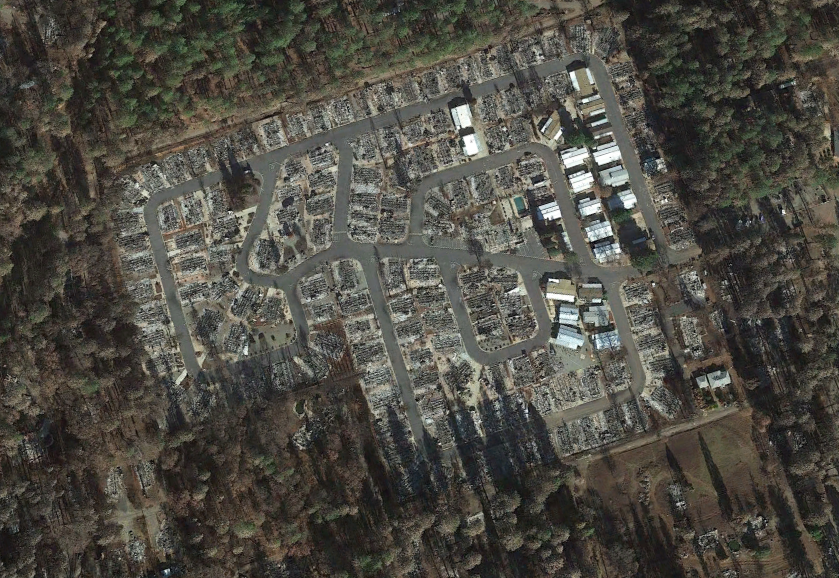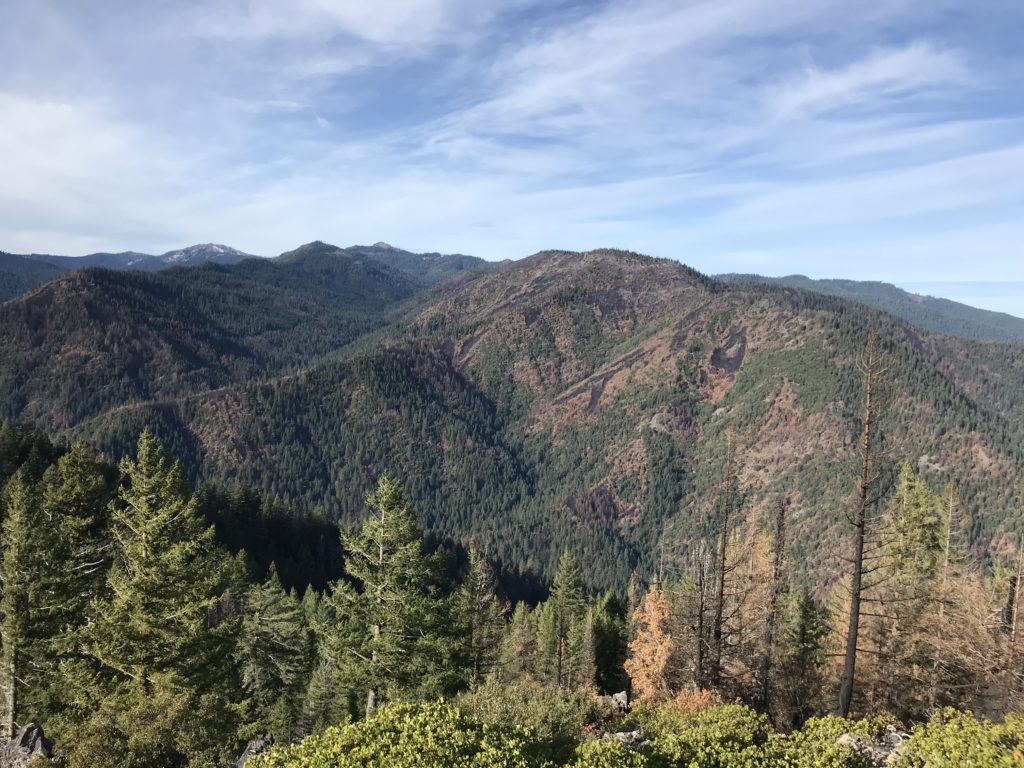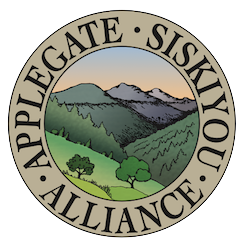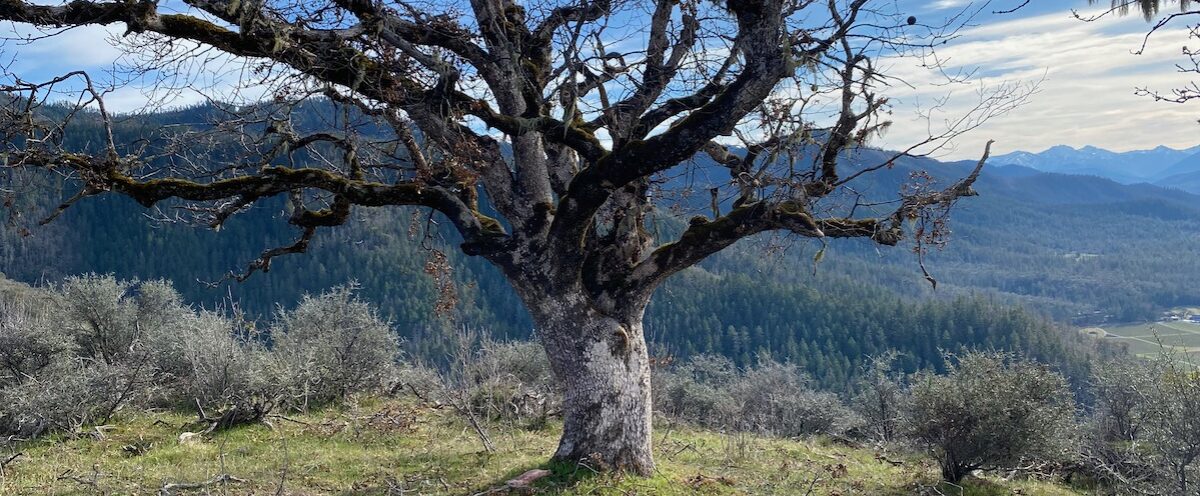
Following the fire and smoke of 2018, controversy has erupted throughout the region about forest, fire and smoke management. The timber industry and its allies have taken advantage of the situation and have begun pushing for an increase in public land logging, the weakening of important environmental regulations and a reduction of public involvement in the federal land management planning process. ANN is extremely concerned by these proposals, and together with our partners at Klamath Forest Alliance, we have prepared our own set of policy recommendations for Oregon legislators, lawmakers and land managers to consider while creating forest, fire and smoke management policies that will affect our region.
First and foremost, we believe that many of the communities at risk have been ignored during the current policy debate. Policy makers and land managers have focused their efforts on fuel reduction and commercial logging in locations that are often far from homes and communities. Not only are these “treatments” poorly located, but they provide no benefit to Oregon communities, and in many situations they may actually make fuel loads more volatile and fires more difficult to safely manage or contain.

We support community wildfire protection policies that start from the home and move outward. It has been proven through scientific research that the most important factor predicating if a home survives a given fire is the way in which the home was constructed, the material it was built with, if it is regularly maintained to withstand a fire, and what natural and/or domestic fuels are located immediately adjacent to the home. A focus on reducing home ignition from wildfires or ember cast is the single most effective and cost efficient way to reduce home loss and increase public safety during wildfire events.

We also believe that the natural and beneficial role of wildfire and smoke must be considered in any valid management plan. The forests of our region are adapted to wildfire and its various effects. Smoke and fire are important natural processes that cannot be safely, effectively or responsibly eliminated from our landscape. To some extent they must be embraced and managed to reduce impacts to our communities and maximize beneficial outcomes in wildland areas. In our policy paper we explore the ecology of smoke and fire in our region.
Fire is part of life in southern Oregon and has been increasingly politicized. We believe public policy surrounding wildfire and forest management must be science-based, ecologically responsible, and focused strategically on protecting homes, communities and public safety.
View our recent policy paper at this link: Information and Policy Recommendations Pertaining to Forest, Fire and Smoke Management

